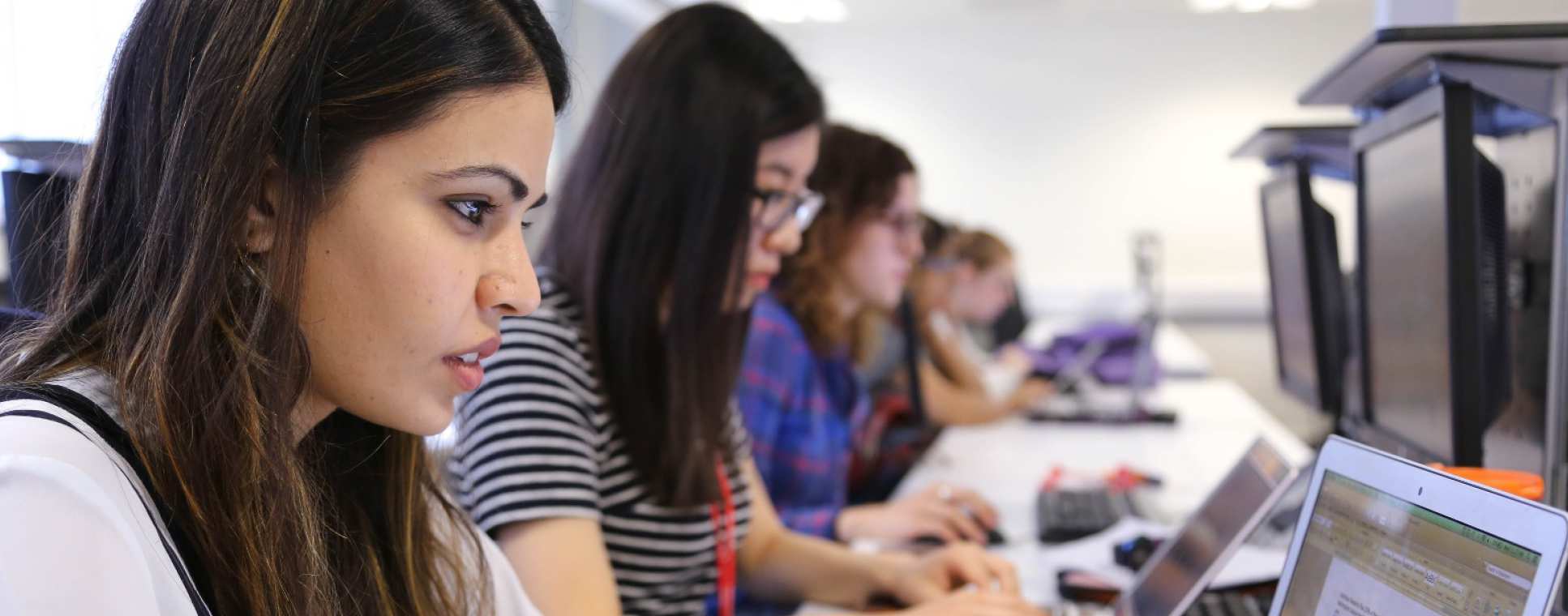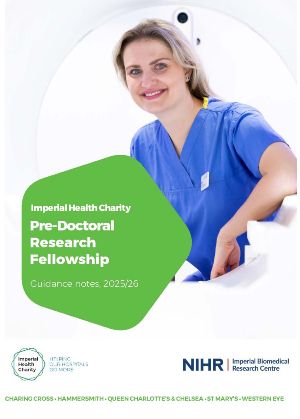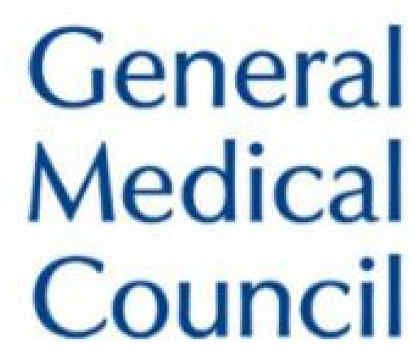
There are a number of things that Clinical Academic Trainees must do - and many others that they should and are strongly recommended to do - in order to ensure that they maximise their full potential during clinical academic training at Imperial. Some of these are simple practical matters that will help ensure a smooth start and be able to quickly make an impact in their new role, and others support personal progression and career development, requiring reflection and forward planning.
New starters - when you receive your ‘welcome’ email from the CATO team, please complete the New Clinical Academic Trainee information form and then email it to to us at cato@imperial.ac.uk.
Supervisors
Academic supervisor/research project supervisor
Every ACF/CL will have a named academic supervisor to support the academic/research component of their programme. Academic trainees should work closely with their supervisors, meeting them regularly to agree on project aims, discuss progress and plan what further skills and training might be required.
Clinical supervisor
For the clinical element of their academic programmes, trainees will have a clinical supervisor who is responsible for overseeing their clinical work for a specified placement in a clinical environment. These supervisors can also provide advice and support to academic trainees, but usually in the context of their clinical training.
Organising research blocks
As soon as they have been appointed, ACFs and CLs should make contact with the Clinical Lead/Training Programme Director and Academic Training Lead for their specialty to discuss and agree how the research block will be organised.
- For ACFs, research blocks are usually organised in 3 month or 3+3 month back-to-back concurrent periods, but this will depend on the specialty.
- For CLs, the structure of research blocks can be variable but many are organised in six-month or one-year blocks. Each specialty or division will have a slightly different model and approach depending on local circumstances, and the research time must be planned in full agreement with Clinical and Academic Leads.
Contracts and HR matters
Employment contracts will differ depending on what post a trainee is undertaking.
ACFs will have a contract with Imperial College Healthcare NHS Trust and an honorary contract with Imperial College London.
CLs will have a contract with Imperial College London and an honorary contract with Imperial College Healthcare NHS Trust.
Honorary contracts normally run concurrently with the substantive contract and are issued to allow trainees to work in the organisation where they do not have a substantive contract. Contracts will be issued by the relevant HR department at either the College or the Trust.
For queries about contracts please contact the following:
- Imperial College Healthcare Trust
Human Resources Department, Medical Personnel (imperial.honorarycontracts_doctors@nhs.net)
+44 (0)20 3311 5326
- Imperial College London
Human Resources Department (hrstaffhub@imperial.ac.uk)
There are a number of requirements, checks and different forms to fill out in order to finalise the contracts and it can take some time to complete, so trainees are advised to make contact early. This is particularly important for trainees who are new to the College or Trust who will have to complete a more comprehensive process than those who have been employed by Imperial before.
Clinical academic trainees will also be required to complete other routine HR induction formalities (such as collection of ID cards and completion of induction training activities including Information Governance Training and other statutory and mandatory training).
Study leave
Study Leave funding allows clinical academic medical trainees to enhance their clinical education and training in areas not easily acquired in the clinical setting or locally - and is used to support the development of clinical knowledge and understanding. This funding is available to clinical academic trainees (ACFs and CLs) over and above the CATO bursaries and funding provided specifically to support academic training, in exactly the same way as for non-academic clinical trainees. Please note trainees in OOPRs and OOPEs are not entitled to study leave funding. Trainees in an OOPT are entitled to full Study Leave funding.
ACFs and CLs must be in a recognised training post to be eligible for study leave. Applications are managed by the Imperial College Healthcare NHS Trust Medical Education Centre. Further details can be found on the Trust Intranet, or by contacting the relevant Postgraduate Education Centre Team by email, see below:
- imperial.postgradeducation.cxh@nhs.net
- imperial.postgradeducation.hh@nhs.net
- imperial.postgradeducation.smh@nhs.net
Once study leave applications have been approved trainees will be reimbursed for the Study Leave costs via payroll.
- ACFs will be reimbursed directly via Trust payroll.
- CLs on Imperial College London contracts, will need to apply for Study Leave via the Trusts process and then they will need to follow the College process for expense reimbursement (My Expenses) – ie there are 2 steps to the claim process
- CLs will need to upload a screenshot / copy of the confirmation in My Expenses showing their application was approved at Trust level. When submitting the claim in My Expenses CLs should use activity code H34001 (Health Education England) plus the relevant College Departmental cost centre
- Initially CL Study Leave costs will be charged to a College departmental cost centre and approved by a departmental approver. The costs will later be recharged back to HEE by the Central Faculty of Medicine Finance Team.
For more details on Study Leave, please go to HEE PGME support portal here
On-call
Academic blocks will not usually include on-call commitments, so academic trainees will only be paid at the basic salary rate for the duration of their academic time. This may, however, vary by clinical specialty and trainees should talk to their Clinical Training Programme Director or department training lead. ACFs/CLs may wish to supplement their salaries during academic training by arranging to undertake ad hoc shifts that fit easily around their academic blocks. This should not detract from their academic work and should be limited.
e-Portfolio - Academic Clinical Fellows
New ACFs will also need to ensure that their College training e-portfolio is updated to include the academic element of their ACF programme. The Imperial College Healthcare NHS Trust Medical Education Centre team can help with organising the update. ACFs should email their relevant Education Centre team to arrange for this to be done:
Useful links
Contact us
The CATO Team and Radiographers Incubator work on a Hybrid model, combining days in the office with days working from home – the best way to reach us is by email.
cato@imperial.ac.uk
radresearch@imperial.ac.uk
+44 (0)20 3313 7397



